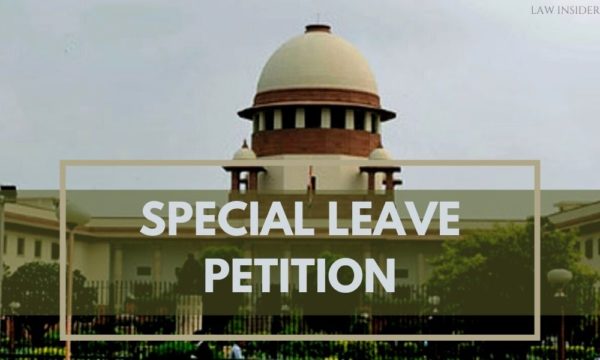LI Network
Published on: 27 July 2023 at 13:15 IST
The Supreme Court has clarified that under Article 136 of the Constitution, an aggrieved party can approach the court for special leave to appeal against an order of the National Consumer Disputes Redressal Commission (NCDRC) only if it is passed by the Commission in its original jurisdiction.
The court emphasized that no further appeal can be filed against orders passed by the NCDRC in its appellate or revisional jurisdiction.
A division bench comprising Justice J B Pardiwala and Justice Manoj Misra examined the scope of Article 136 and held that it should only be exercised to address questions of law of public importance or decisions that shock the conscience of the court.
The court pointed out that the power to grant special leave is to be used sparingly and with caution in exceptional circumstances to advance the cause of justice.
The case in question involved an SLP filed against an order of dismissal by the NCDRC regarding an appeal from the State Consumer Disputes Redressal Commission (SCDRC).
The court considered whether an SLP should be entertained directly against the NCDRC’s order in its appellate jurisdiction when the aggrieved party has alternative remedies to approach the High Court under Article 226 or Article 227.
The Supreme Court concluded that appeal to the court is available only for orders passed by the NCDRC in its original jurisdiction, and no further appeal lies against orders passed in its appellate or revisional jurisdiction. It cited provisions of the Consumer Protection Act, 1986, and the Consumer Protection Act, 2019, to support this interpretation.
In the present case, the respondent had taken insurance policies from Allahabad Bank and Universal Sompo General Insurance, seeking a claim of Rs. 49 lakh for theft and fire damages. The SCDRC partially allowed the complaint, and the NCDRC dismissed the appeal against the SCDRC’s order.
The petitioner approached the Supreme Court under Article 136, which was dismissed, and the petitioner was granted liberty to challenge the NCDRC’s order by first approaching the appropriate High Court under Article 226 or 227.
In light of the recent decision in Faizan v. Omaxe Buildhome Private Limited, the court highlighted the importance of seeking recourse before the High Court when alternative remedies are available under Article 226 or Article 227.
The Supreme Court, therefore, dismissed the petition without considering its merits and allowed the petitioner to approach the jurisdictional High Court for further proceedings.

